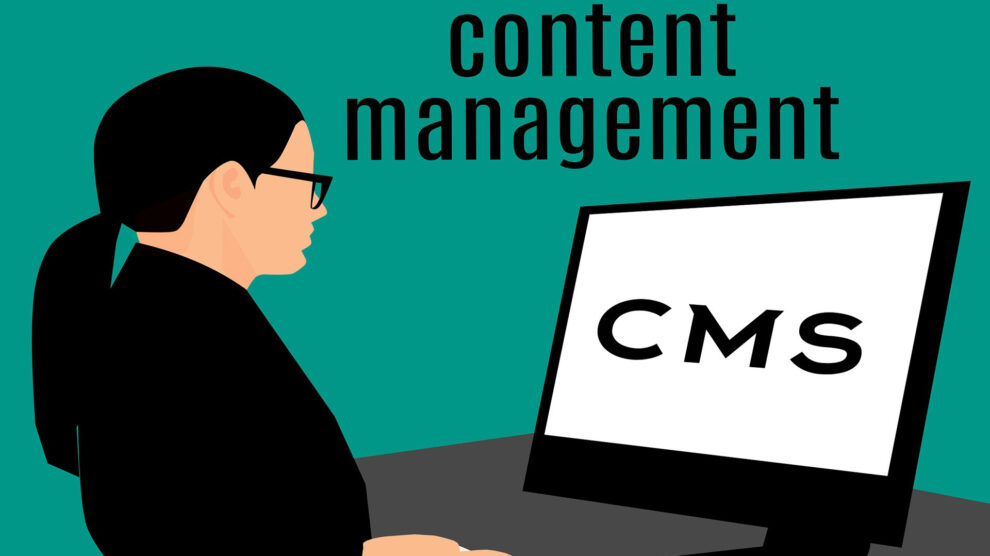Content is not enough anymore, and it hasn’t been for a while. A digital solution requires more, especially more interaction and transactions. As a result, we will see the rise of DXP (Digital Experience Platform) even for smaller companies/organizations. There are basically two ways to achieve this – through acquiring MarTech tools, or the route we are going, making out-of-the-box integrations with many MarTech tools enabling the customers/users to pick and mix their preferred tools and thereby customize their digital experience journey without any vendor lock – we call this composable DXP.
Other trends include:
- A strong movement towards empowering marketeers and editors to do more on their own. This low code/no code strategy is going to continue with full force for years to come.
- Privacy expanding on the global agenda. We will see that customers, especially in the United States, want to have a large chunk of data, if not all data, hosted within their own borders. This makes granting more control over cloud hosting a requirement.
- Developer experience, which is and will remain, an important driver for adoption. The better the developer experience, the more likely it will be adopted. The same goes for editors.
- Headless CMS evolves and grows, although traditional CMS solutions will still have a head start over headless used for web content as these are built to handle content in a structured manner, clearly visualizing content relations and content hierarchy, all things editors intuitively use when delivering content. Whether headless is the new normal is yet to be seen.
In summary, in the CMS space, flexibility and ease of use, including third-party software, is key. To demonstrate that flexibility from the Umbraco side, we recently moved Umbraco to the latest version of .NET (.NET 5) providing a robust and future proof platform on the most relevant modern technology familiar to – and expected from – today’s web developers
The Growing Impact of AI on CMS Platforms
There’s still much to be seen regarding the impact AI has on CMS platforms, but there are some obvious benefits it can bring. AI can help drive better—and to some extent automatic—decisions on what content to present to your audience and can help you understand what content you have available and tag it automatically (image tagging). While some say that AI replaces the need for structure and system in the way things are done, it’s still too early to say. The same applies to whether AI can help create original content or result in conformity and uniform boring content.
Best CMS Practices in 2022
It’s all about the users. They are the ones delivering content, so build for them. Make sure to see them as the most important stakeholders. The users of the tool need to be in control and have simple easy-to-use tools. Also, low friction and a short time to market are super important, so enabling marketers/content editors to try things out on themselves with little or no development is important.
The Future of MarTech in 2022
Umbraco expects to see a big increase in the amount and specialization of MarTech tools. The sheer number of tools available, some of them very niche and covering very specific areas, is a convincing argument for the continuation of this expansion. Their second point is more of a “hope for” than a prediction. Umbraco expects to see more and more open-source software coming on the market in different forms or shapes of models, such as open core. There should also be easier integrations from one software to another. As a software vendor of a MarTech tool, you need to look at your neighbors and complementary platforms and make as many plug-and-play solutions as possible. Finally, there will be continued importance on time to market, with simple platforms preferred.





